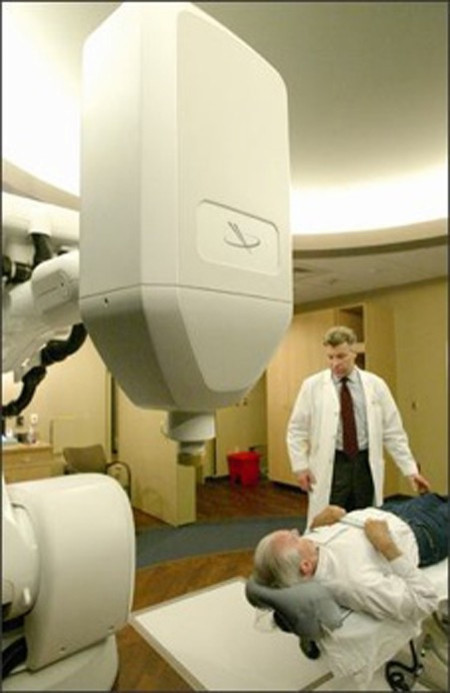Cancerous Tumors are Parasitic Organisms, Says New Study

Parasites are living species detrimental to the existence of its host organism, which while depending on the host for survival, also function independently without paying heed to the host's bodily commands. In a metaphorical level, it definitely makes sense to compare cancerous tumors to parasites. But according to a recent study published by the University of California, Berkeley, "the generation of cancer is just another form of specialization, the evolution of new species."
"Cancer is comparable to a bacterial level of complexity, but still autonomous, that is, it doesn't depend on other cells for survival; it doesn't follow orders like other cells in the body, and it can grow where, when and how it likes," Peter Duesberg, molecular and cell biology professor of the U of C, in a paper published in the July 1 issue of the journal "Cell Cycle," said. That's what species are all about."
Duesberg believes that this "novel view could yield new insights into the growth and metastasis of cancer and perhaps new approaches to therapy or new drug targets."
The idea of cancer being comparable to parasites isn't entirely new, as several biologists have hinted at it in the late 20th century. Last year, Dr. Mark Vincent of the London Regional Cancer Program and University of Western Ontario said that the "evolution of cancer cells are speciation events in the strict Darwinian sense."
The evolution of cancer "seems to be different from the evolution of a grasshopper, for instance, in part because the cancer genome is not a stable genome like that of other species. The challenging question is, what has it become?" Vincent said in an interview.
But Duesbeg's theory essentially contradicts the widely established concept of cancer which says, handful of mutated genes send a cell into uncontrolled growth leading to a tumor. Instead, he says, "carcinogenesis is initiated by a disruption of the chromosomes, which leads to duplicates, deletions, breaks and other chromosomal damage that alter the balance of tens of thousands of genes. The result is a cell with totally new traits - that is, a new phenotype."
"I think Duesberg is correct by criticizing mutation theory, which sustains a billion-dollar drug industry focused on blocking these mutations," said Vincent. "Yet very, very few cancers have been cured by targeted drug therapy, and even if a drug helps a patient survive six or nine more months, cancer cells often find a way around it."
© Copyright IBTimes 2024. All rights reserved.






















